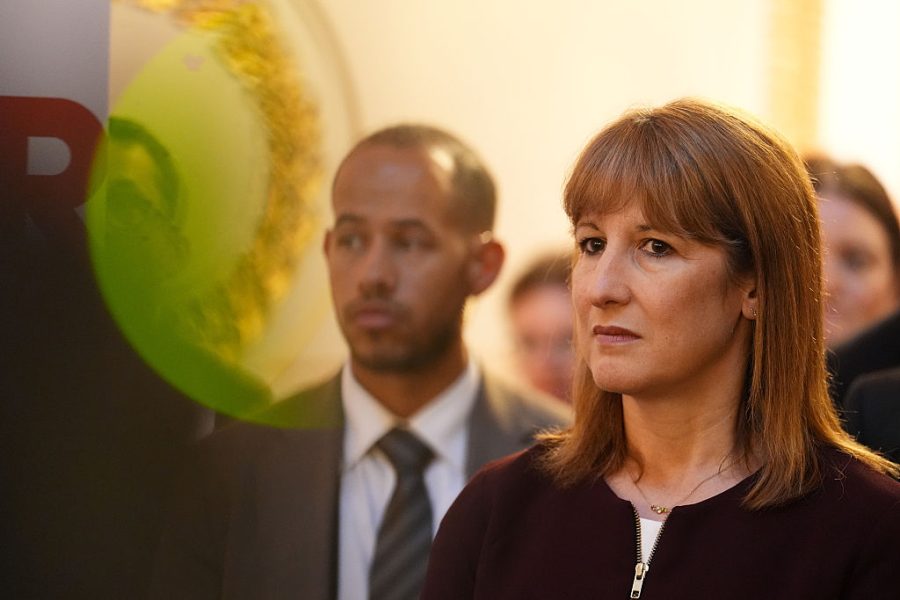It will at least give the cabbies something to genuinely complain about. Amid all the wheezes that Chancellor Rachel Reeves is plotting to fix the ‘black hole’ in the public finances, she is now considering a ‘taxi tax’. Ahead of November’s Budget, it has been floated that VAT may well be applied on all cab rides. But this plan is likely to end up backfiring badly on Reeves – and the government more broadly.
According to reports this week, the Chancellor is likely to impose a blanket 20 per cent rate of VAT on all taxi rides. Right now, taxi firms outside of London do not have to charge VAT because drivers are classed as self-employed, and most don’t hit the £90,000 annual threshold at which the tax has to be levied. The industry is now expecting the government to standardise the system, with a blanket VAT rate applied across the board.
Reeves has been left with no choice but to scramble around desperately trying to raise extra cash
In fairness, there is some logic to that. If we have VAT, it might as well be applied to getting a cab at the same rate as any other product or service we buy. And it would raise an estimated £750 million for the Treasury – enough to pay the interest on the national debt for several hours.
The trouble is, there are also three big problems with Reeves’s proposal. To start with, local councils use taxis very frequently, especially in rural areas, to transport people who are disabled or who have special needs, and this would push up all those bills. Next, it would encourage a black market in ‘cash only’ mini-cabs, and while that will help people avoid the tax, it would also be far less safe. ‘Cash only’ cabs wouldn’t be regulated, and you would have no idea who is driving you. Finally, and perhaps most importantly, fiddly stealth taxes such as imposing VAT on taxis end up causing huge political damage and hardly raise any serious money. It is hard to see that it is worth all the bother.
The problem facing Rachel Reeves as she prepares her Budget is the same as it has always been for her. She has let public spending run out of control, the interest bill on the UK’s outstanding debt keeps on rising, and a stagnant economy is not generating the tax revenues that were initially forecast. Between her fiscal rules which limit the size of the deficit and her promise during the election not to raise any of the main taxes, Reeves has been left with no choice but to scramble around desperately trying to raise some extra cash from minor changes to the tax system.
The ‘taxi tax’ is just the latest one to be added to Reeves’s list. But, like all the others, it will just end up doing more harm than good – and at this point it would be far better if she were honest and raised income tax instead.






Comments